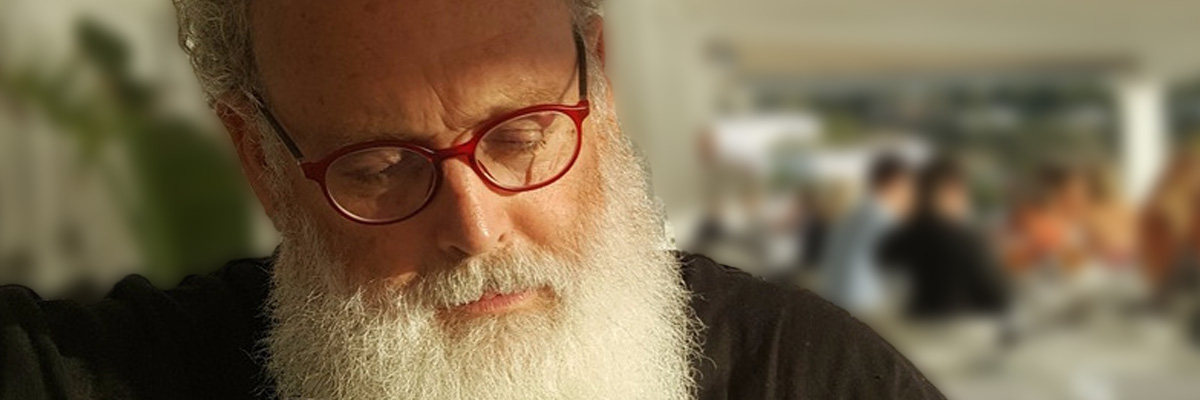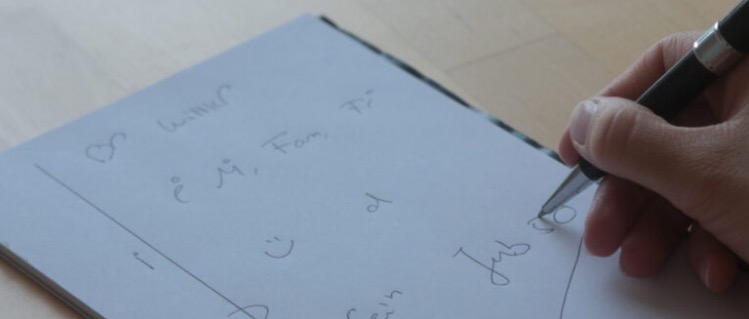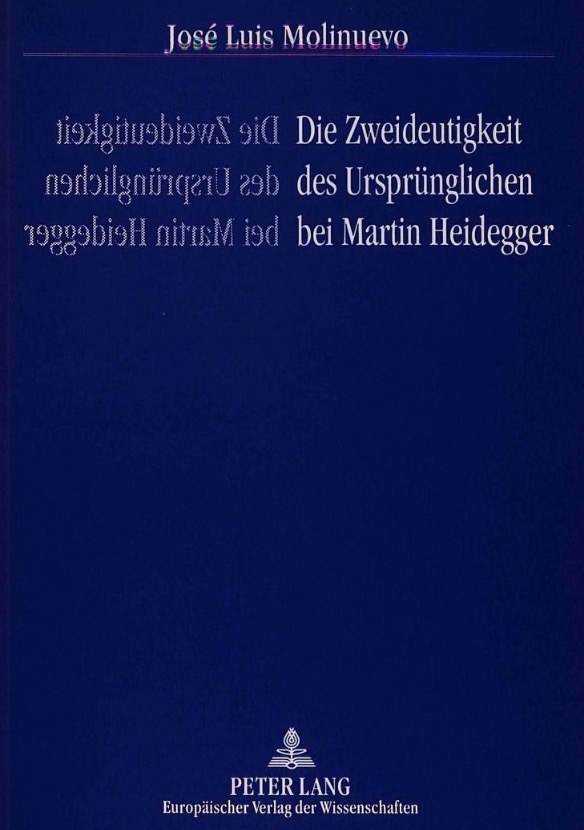Hi Dieter, I am thinking of studying Translation and Interpreting in Salamanca, could you give me some advice and tell me about your own experiences in particular?
Of course, but bear in mind that every translator is different and that my thoughts on the industry may not apply to others. It’s important to note that I don’t make a living from translation or interpreting, so I can afford to turn down assignments or translate how and when I want to because I don’t depend financially on these jobs.
What is the difference between a translator and an interpreter?
Interpreters translate orally, in person or by videoconference, while translators take care of written texts.
Do you prefer to work as a translator or interpreter?
Both have their advantages and disadvantages.
Interpreters travel more and engage directly with interlocutors, although on the other hand it is undoubtedly more stressful and you need an excellent memory as well as a great gift for improvisation. The great advantage of this job is that if you make a mistake it doesn’t come out in print. However, you cannot rely on tools such as language databases, Google or even the help of other colleagues. One of the keys to being a good interpreter is having an excellent note-taking technique. There is no time to write down everything the speaker says, so one must rely on a system of very short symbols that summarize what is said.
I would also like to specify that there are two types of interpreters: simultaneous interpreters, who must follow the rhythm of the speech and deliver the translation almost in real time; and consecutive interpreting, which is generally slower because the interpreter needs to take notes and then provide the translation after the speaker has spoken.
Translators, on the other hand, can work from home, can have a flexible schedule and most importantly, they have the time to consider and resolve any difficulties that may arise. The disadvantage compared to interpreting is that once something is in print it stays there forever.
Do you think being a sworn translator is important?
It is certainly a seal of quality, even if you don’t translate official documents. Not everyone is, of course, because the exams to obtain the degree are very hard. And then there is the situation, quite unfair in my opinion, that some universities adapt their curricula in order to make it easier to get the seal, and others do not.
You taught for many years at the Faculty of Translation and Documentation at the University of Salamanca. What would you change?
I believe that the university should focus more on preparing students for their future work – meaning that students should be aware of what awaits them after their degree in the work environment. If they are used to translating two sentences in two hours, it will be very difficult for them to work in a fast-paced environment. I also think that universities should inform students of the prospects of this profession and things that may affect it (huge advances in machine translation, artificial intelligence, payment problems, outsourcing, the need to complement the translator’s work with other jobs such as reader, language teacher, etc.) before they start a translation degree. Regarding this, I recommend reading this article which details the profound changes we have seen in the idiosyncrasy of this profession due to artificial intelligence.
But at the same time I understand that the role of the university in this sense is very complicated because on the one hand it has to sell, and talking about disadvantages and cons does not exactly facilitate this task.
What would you say is the magic formula for a translator?
Acceptable quality in the shortest possible time. Obviously the quality of a translation improves if you spend more time on it, but at the end of the day what matters most is your salary.
What has been your most stressful job?
I used to do translations for a sports betting company. We had to translate about 120 pages in about 24 hours non-stop. We worked with translation-memorising software and voice recognition systems.
And the biggest disaster?
I was hired as an interpreter for a visit from the well-known German company Continental. I learned all the technical vocabulary about tyres in order to do my best. But once I got there I realised they had come to talk about shoe soles.
And your most difficult job?
Translation of the book La ambigüedad de lo originario en Martin Heidegger by José Luis Molinuevo. 300 pages of pure suffering. I will share with you a couple of lines from this book:
“…Se pregunta a los entes por su ser, pero ¿qué ente nos abrirá el acceso? El ente que nos hace “ver a través” suyo el Ser, aquel ente que encierra en su ser la posibilidad de la pregunta, este que somos nosotros, el Dasein…”
Imagine, as I said, 300 pages like that.
It’s quite confusing, really. While we’re on the subject, what’s the worst translation you’ve seen?
Undoubtedly the German translation of Hombres de maíz by Miguel Ángel Asturias (Guatemalan Nobel Prize winner). Even the title is wrong, since Hombres de maíz refers to both men and women, but in German Männer are only people of the male gender.
Can you give us a concrete example of a bad translation?
Of course. This is an excerpt from Cela’s Colmena:
“La señorita Elvira lleva una vida perra, una vida que, bien mirado, ni merecería la pena vivirla. No hace nada, eso es cierto, pero por no hacer nada, ni come siquiera. Lee novelas, va al café, se fuma algún que otro tritón y está a lo que caiga. Lo malo es que lo que cae suele ser de pascuas a ramos, y para eso, casi siempre de desecho de tienta y defectuoso.”
Estar a lo que caiga refers to men that she may meet. Almost a year passes in between pascuas a ramos, so this phrase means that it happens very infrequently. And desechos de tienta are young bulls that are too tame and not worthy of the bullfight. In short, it is implied that she encounters men in this way very infrequently and that these “bulls” are of mediocre quality. The German translator translates está a lo que caiga and desechos as if the author were referring to kitchen leftovers – in other words, as if Miss Elvira goes to the café and expects to be given the leftovers from the kitchen out of pity.
Any advice for future translators?
Do not accept just any assignment: look carefully at the terms and conditions and most importantly, evaluate whether you have enough knowledge to be able to do the job satisfactorily. And be very careful if you are asked to do a test translation. It should be a very short test. Many companies send very long test translations to several translators so that they get the job for free.
And for future interpreters?
Assert yourself in extreme situations. Dare to interrupt the speaker, ask him to speak more slowly or to pause more…. Although it is not ideal, it is preferable to being overwhelmed. And never stop practicing how to take notes. But above all, understand your role. No one will ask for your opinion, so don’t correct the speaker even if they are objectively wrong. One of the most important skills of a good interpreter is the ability to convey the nuances of the other person’s speech through appropriate body language. It is a disaster for a speaker to say something with great enthusiasm and see the interpreter’s “disgusted face” because they disagree with what was said.
Literal translation or free translation?
For me that’s easy: free translation. Of course I respect people who don’t think the same way I do, but, for example, it bothers me a lot when I start reading a book and after a few words it smells translated; in an attempt to remain close to the text, the constructions are forced and sound unnatural. It totally takes me out of the reading.
And there are other things to consider too. Many of the texts I translate are brochures, web pages and things like that whose purpose is to sell a product. The other day, one of these brochures, from a Spanish winery, dedicated 80% of the text to talk about the family tradition, 10% to talk about the area and the other 10% about the wines. I told them that this way they were not going to sell in Germany, Switzerland and Austria since nobody is interested in such details. It would be better to summarize it and talk about the vineyard, the winemaking processes and the final product. I think it is important that the translator also takes into account cultural differences: using the word mantequilla (butter) to describe a wine may have positive connotations in Spanish, but in German it means rancid.
Finally, a question that I know is problematic: What do we do with jamon iberico?
This is a nightmare. Not eating it, of course, but translating it. Is it a ham from Spain and Portugal and that is why it is called Iberico? In that case, if you used the expression “Pata negra” in German, you wouldn’t sell a single gram of this delicacy. But you wouldn’t say “ham from a pig that only feeds on acorns” either… too long to be a product name. Saying Iberico Schinken (Schinken is ham) could be an option. But it’s still not perfect. How frustrating, when it is so easy to name other products, like Parma Ham!









